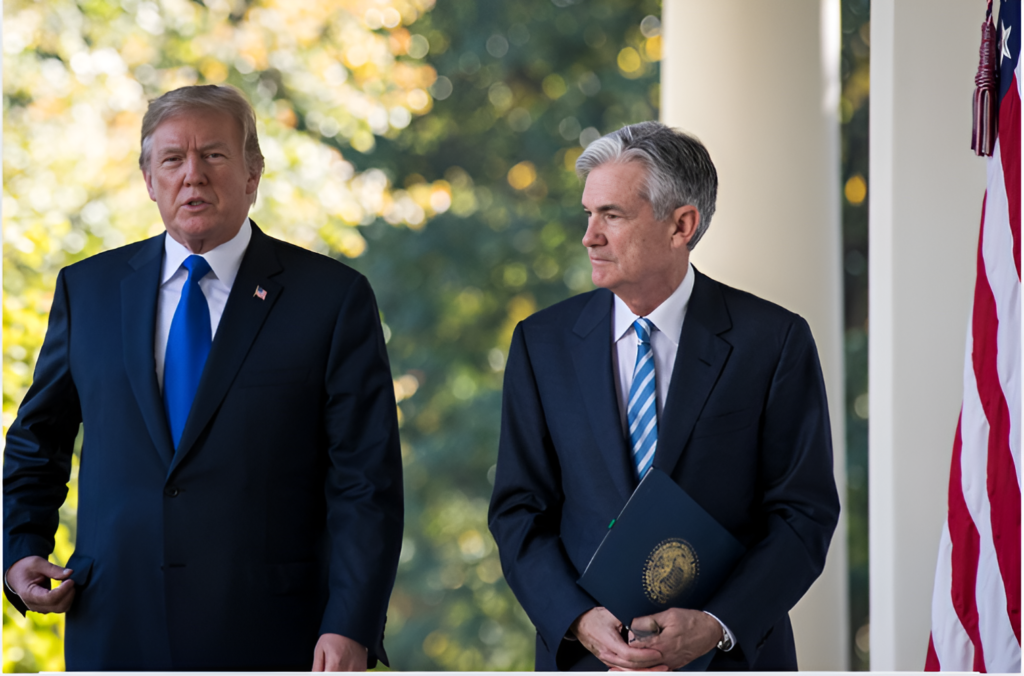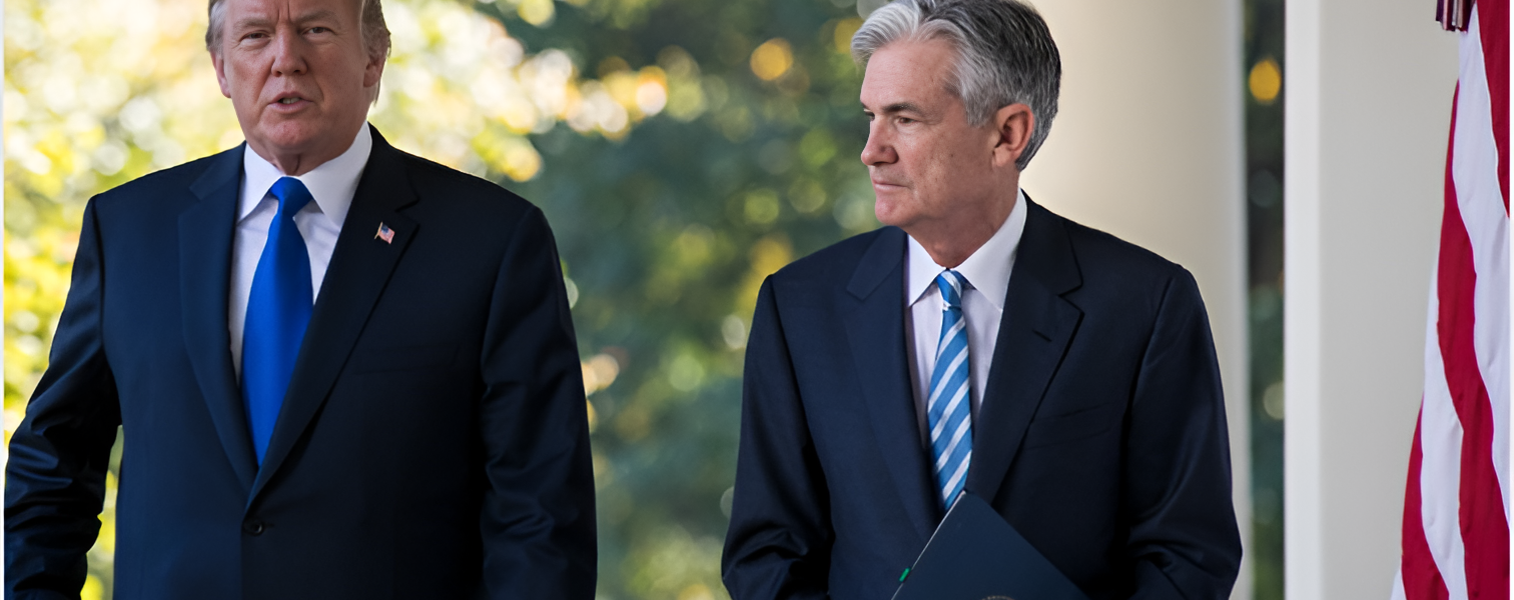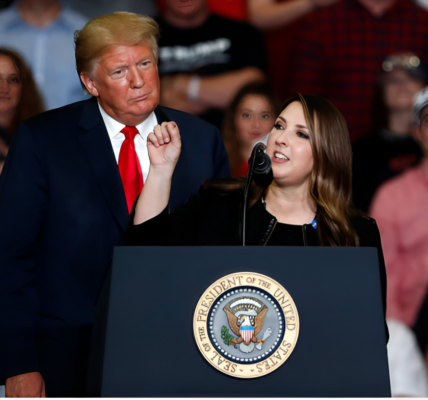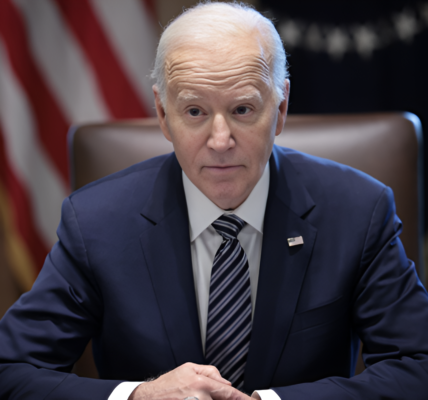
Federal Reserve Chair Jerome Powell’s confident response to a question about whether he’d step down if President-elect Donald Trump asked him to went viral last week. Powell’s firm stance in such a volatile political moment raised eyebrows. But the reasons behind his assurance extend beyond legal protections—though those are significant—and tap into something Trump values deeply: the stock market.
Under federal law, Fed board members can only be removed “for cause,” a clause that doesn’t encompass policy disagreements. Demoting Powell is theoretically possible, but disentangling a Fed chair from monetary policy decisions would be a logistical nightmare.
More than legality, however, it’s Wall Street that holds sway over Trump’s decision-making. His fixation on stock market performance as a barometer of success has historically checked his impulses, including attempts to interfere with the Federal Reserve.
Trump’s 2018 clash with Powell serves as a cautionary tale. After the Fed raised interest rates in December of that year, Trump reportedly considered firing Powell, a move that sent markets into a tailspin. Already jittery over trade wars and economic uncertainty, investors panicked at the prospect of instability at the Fed’s helm.
The fallout was swift and severe. Treasury Secretary Steven Mnuchin scrambled to calm investors, publicly quoting Trump’s denial of his authority to fire Powell. But the damage had been done: the market suffered one of its worst days during Trump’s presidency, only to rebound sharply once Powell’s position appeared secure.
This lesson seems to have stuck with Trump. While he continues to criticize Powell publicly, he’s suggested that Powell will serve out his term, which ends in May 2026. “Markets will not like interference by any administration,” said Brian Gardner, a Washington analyst at financial firm Stifel. He added that if Trump sets a precedent of meddling with the Fed, it could embolden future administrations to do the same—a prospect that could spook investors.
The stock market has been buoyant in recent months, rallying on expectations of tax cuts and deregulation under a unified Republican government. But underlying anxieties remain. Inflationary pressures, higher government debt levels, and slower recoveries in trade-sensitive sectors like manufacturing and housing pose significant challenges.
While the Fed has started lowering borrowing costs again, longer-term government debt rates have risen, signaling that investors remain cautious. Even with greater political influence over the Fed, Trump wouldn’t have carte blanche to dictate rates without consequences.
For now, Trump seems aware of the delicate balance. His first term was marked by frequent, often market-moving pronouncements, but he often tempered his rhetoric to soothe investor concerns, such as with tweets about progress on a China trade deal. This dynamic may persist, though Trump’s ability to reassure markets could be more constrained this time around.
Powell’s future relationship with Trump will likely depend heavily on market performance. The 2018 rate hike that provoked Trump’s ire coincided with a stock market selloff. In contrast, the current market environment is far more favorable, with the S&P 500 up over 26 percent this year.
Trump’s perception of Powell also evolved during the pandemic, when the Fed chair played a critical role in stabilizing financial markets. In May 2020, Trump even called Powell his “MIP”—“Most Improved Player”—a stark departure from earlier criticisms.
While Trump’s instincts often lean toward shaking up institutions, the stock market’s response remains a powerful moderating force. For now, Jerome Powell’s position seems secure, not just because of legal protections, but because Trump has learned that market stability is key to political success. In this calculus, even a president with Trump’s penchant for disruption knows better than to provoke Wall Street unnecessarily.





